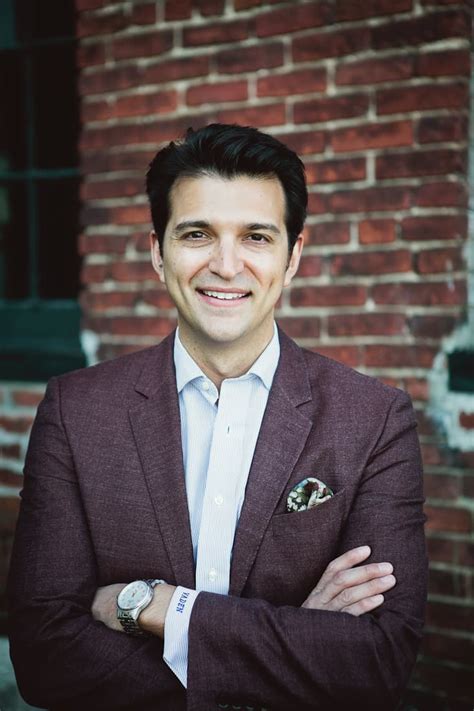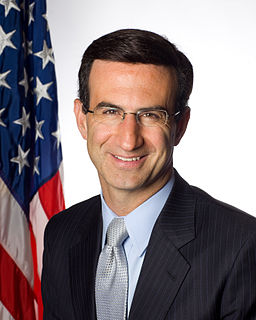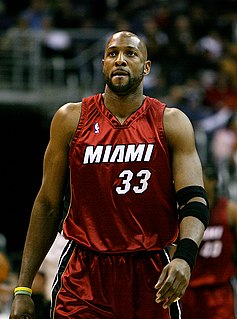A Quote by Mark Waid
For me, it's infinitely more interesting to read or watch a character making decisions they think are right, but the audience knows differently, and seeing that disconnect. The only way characters can grow and learn is by making the wrong decisions and then learning from them.
Related Quotes
The way to make better decisions is to make more of them. Then make sure you learn from each one, including those that don't seem to work out in the short term: they will provide valuable distinctions to make better evaluations and therefore decisions in the future. Realize that decision making, like any skill you focus on improving, gets better the more often you do it.
. . . I felt that making her one-dimensional would be an insult to the audience, and also not as interesting. All destructive people have an inner side to them, and the more three-dimentional your characters are on screen the more compassion you can open up in an audience . . .. To me, that involves the audience more, it stimulates them and asks more of them.
If you're making a bunch of little decisions - like, do I read this email now or later? Do I file it? Do I forward it? Do I have to get more information? Do I put it in the spam folder? - that's a handful of decisions right there, and you haven't done anything meaningful. It puts us into a brain state of decision fatigue.
If we decide rightly what to do, or use a correct procedure for making such decisions, that has to be because the decisions or the procedure rest on good reasons, and these reasons consist in the apprehension of truths about what we ought to do. Because these truths must constitute reasons for our decisions, and because in the rational order, reasons must always precede the decisions based on them, the truth conditions of claims about what we ought to cannot be reduced to, or constructed out of, decisions about what to do, or procedures for making such decisions.




































